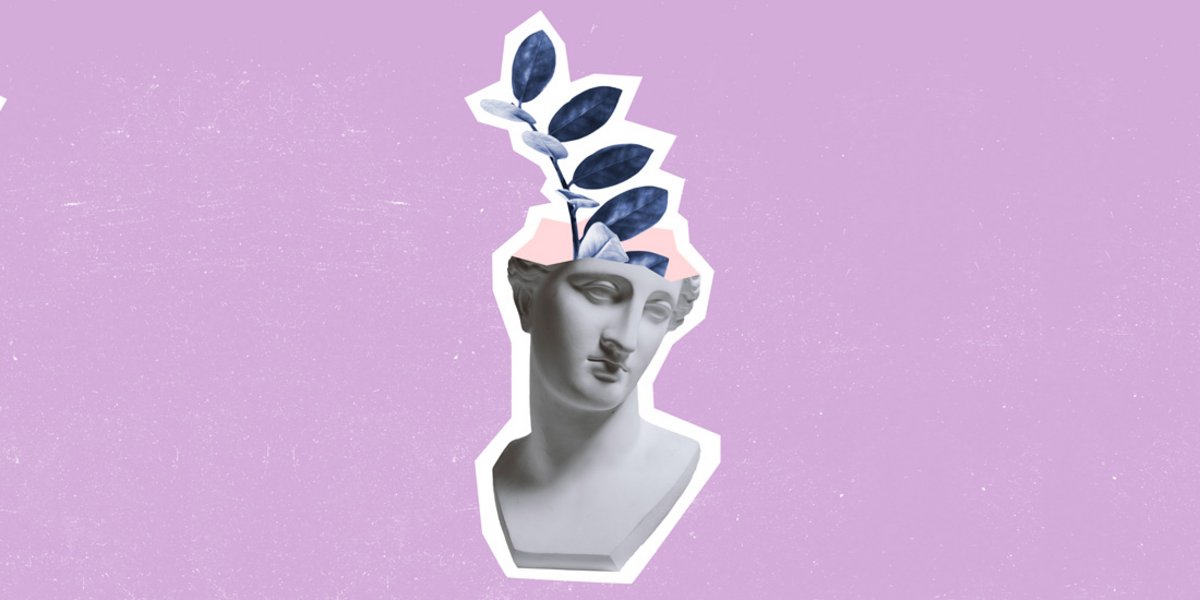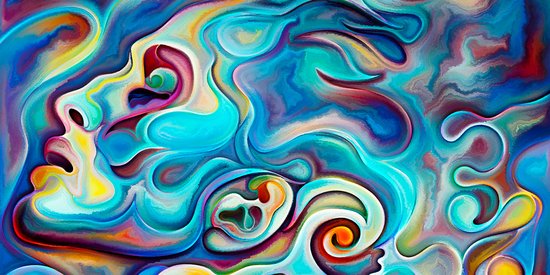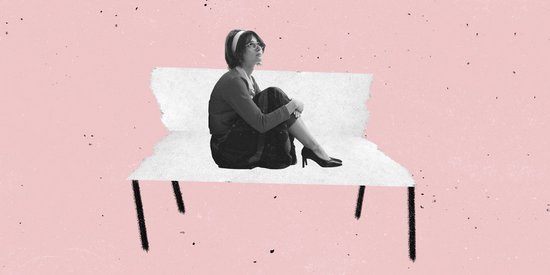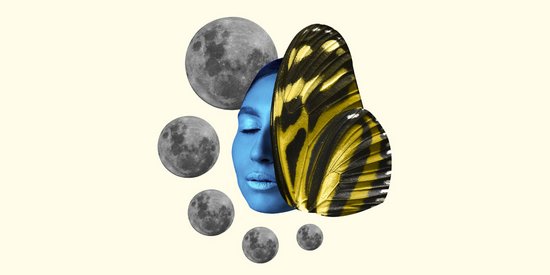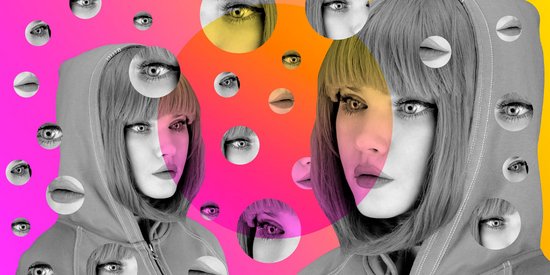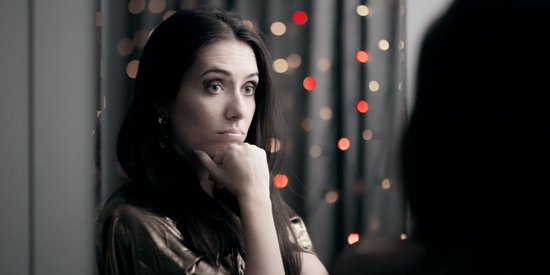The question of the day is the following: is it possible that the experiences of our ancestors can have influences on us? This is how we are going to break down fake news and received ideas about Psychogenealogy!
What is Psychogenealogy?
Psychogenealogy consists of researching the sources of our psychological and behavioral disorders, as well as the sources of our current illnesses, through the experience of our family and ancestors. It is a transgenerational approach, based on the concept of the "collective unconscious" (Carl Gustav Jung) and "invisible family loyalty". The concept of "invisible family loyalty" implies that there are "family debts" that must be paid off.
In short, this psychoanalytical method makes it possible to observe all the behaviors, psychological states and possible diseases transmitted from generation to generation, in order to then free oneself from them!
Is Psychogenealogy a pseudoscience?
Psychogenealogy therefore makes the link between the difficulties that children have and family issues. The work is carried out over two or three generations, in order to better understand the family history. However, this is based on psychoanalytical concepts and is not currently considered a concept in its own right. In fact, the absence of scientific validation and the exclusive references to testimonies, categorizes Psychogenealogy as a pseudo-science. This pseudo-science can create a high risk of building false memories or sophistry, by interpreting the succession of two events as a cause and effect relationship.
Sophistry? What is that? It is a kind of hidden scam… Explanation: if a way of reasoning shows signs of sophistry, then the statements made are apparently robust, even obvious, only, in reality, they are not valid, logically speaking. They can therefore be misleading and therefore cannot then claim to be scientific. SEMANTICS are extremely important…
The origins of Psychogenealogy?
Carl Gustav Jung sowed the small seeds of the transgenerational approach, in particular with the theory of the “collective unconscious”. These are phenomena and/or images brought back to consciousness, not belonging to an experience that has been had by the individual himself, which have been proven to be useful in the approach to addictions. Ultimately, this “collective unconscious” includes multiple human experiences since the dawn of time.
Anne Ancelin-Schützenberger, for her part, goes down the path of transgenerational traces to formulate “Psychogenealogy.” This expresses the "birthday syndrome," which suggests that certain psychological wounds, traumas or conflicts are rooted in the unconscious of the individual who has experienced them, but also in that of his descendants. This is an unconscious repetition occurring around the date to which the event relates, see our articles: I hate celebrating my birthday and I don't like gifts.
Principle of Psychogenealogy
Psychogenealogy consists in becoming aware of the events experienced by our ancestors, which could be an echo of our own difficulties, in order to finally free ourselves from them. But what is the method used?
Anne Ancelin-Shützenberger's "genosociogram" method, consists of identifying coincidences of dates and ages within a family. A family tree is then created and brings together the important facts of several generations. Moving on to marriages, births, then separations, illnesses, etc. (Yes, it is ultimately a work of memory which cannot be exhaustive!), by questioning the family, archives, surveys in the regions of origin etc...
To summarize, the principle of Psychogenealogy remains a retracing of experience over several generations!
Deviation and paradoxes!
Last little thought: beware of excesses and individuals who call themselves therapists! This booming movement can be both beneficial and harmful depending on the practitioner. Moreover, as you can see, this article is somehow quite paradoxical, according to the different paragraphs, due to research still in progress... To date, it remains a very interesting approach, as long as the practitioner follows the line of a Jungian approach. Can't wait for therapists and psychologists to take a closer look at this kind of tool, which joins the so-called twelve-step methods of anonymous groups that have proven themselves! And yes, getting rid of the intergenerational shackles is much more than just saving and liberating, it offers us another universe and allows us to find ourselves, and isn’t this the question that everyone asks: But who am I?


